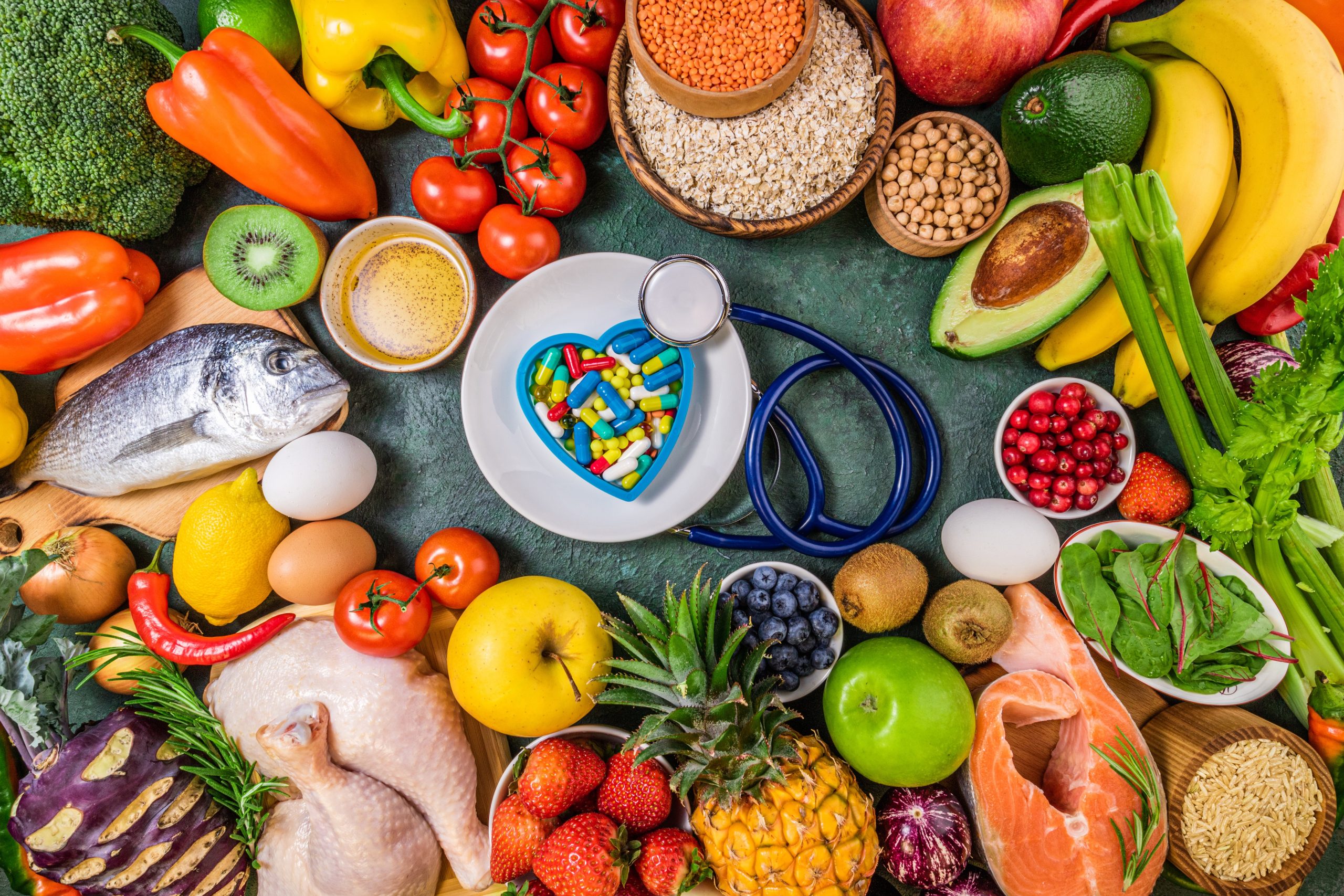
In today’s fast-paced world, the phrase “you are what you eat” holds more significance than ever before. The choices we make regarding our diet have profound implications not only for our physical health but also for our mental and emotional well-being. A cleaner diet, focused on wholesome, unprocessed foods, can lead to numerous health benefits, increased energy levels, better moods, and a more sustainable lifestyle. Here are some practical tips to help you maintain a cleaner diet.
Understanding a Cleaner Diet
Before diving into the tips, it’s essential to understand what a cleaner diet entails. Essentially, it involves choosing whole, natural foods over processed ones. This means opting for fresh fruits and vegetables, whole grains, lean proteins, and healthy fats while minimizing the intake of refined sugars, preservatives, and artificial ingredients.
1. Prioritize Whole Foods
One of the simplest ways to adopt a cleaner diet is by prioritizing whole foods. Whole foods are those that are as close to their natural state as possible—think fruits, vegetables, nuts, seeds, and unprocessed meats. These foods often come packed with essential nutrients your body needs to function optimally, like fiber, vitamins, and minerals.
Tip: When shopping, stick to the perimeter of the grocery store where fresh produce, meats, and dairy products are typically located. Avoid the central aisles where most processed foods are found.
2. Incorporate Plant-Based Meals
Incorporating more plant-based meals into your diet is another excellent way to eat cleaner. Plant-based diets are often lower in calories and fat while providing plenty of nutrients and antioxidants. Eating more plants doesn’t mean you have to go vegetarian or vegan, but making an effort to include more vegetables, legumes, and whole grains can make a big difference.
Tip: Start with one or two meat-free meals per week and gradually increase the number as you discover new recipes and flavors. You might be surprised at how satisfying and delicious plant-based meals can be!
3. Read Labels Carefully
When purchasing packaged foods, make it a point to read labels carefully. Many packaged items are full of hidden sugars, sodium, and unhealthy fats. Aim to choose products with as few ingredients as possible, and be wary of anything you can’t easily pronounce or recognize as food.
Tip: Look for ingredients you would use in your own kitchen. If a product contains items you wouldn’t normally use to cook with at home, it’s best to leave it on the shelf.
4. Cook at Home More Often
One of the best ways to ensure you eat cleaner is by cooking at home more frequently. Preparing meals yourself allows you to control exactly what goes into your dishes. You can use fresh, high-quality ingredients and adjust recipes to meet your dietary needs and preferences.
Tip: Plan your meals for the week ahead and set aside time for meal prep. This could involve chopping vegetables, marinating proteins, or making homemade sauces, so you have healthy options ready to go for busy days.
5. Limit Added Sugars and Salt
A cleaner diet often means reducing your intake of added sugars and salt. These two ingredients can contribute to a host of health issues, from heart disease to diabetes. Instead of reaching for sugar-laden snacks, opt for naturally sweet options like fruit. For salt, use herbs and spices to flavor your meals rather than relying on table salt.
Tip: Gradually reduce your sugar and salt intake over time. Your taste buds will adjust, and you’ll find that you enjoy the natural flavors of foods even more.
6. Stay Hydrated
Drinking plenty of water is a key component of a cleaner diet. Water aids digestion, helps maintain a healthy weight, and keeps your skin looking its best. Aim for at least 8 glasses of water per day, and more if you’re active or live in a hot climate.
Tip: If you find plain water boring, infuse it with slices of fresh fruit, herbs, or cucumber for a refreshing twist.
7. Practice Mindful Eating
Mindful eating is about being present and fully engaged with the eating experience. By paying attention to your body’s hunger cues and savoring each bite, you’re less likely to overeat or choose unhealthy foods.
Tip: Eat without distractions like TV or smartphones. Focus on the taste, texture, and aroma of your food. Chew slowly and enjoy the process of eating.
8. Plan for Success
Planning and preparation are often the keys to success when it comes to maintaining a cleaner diet. By planning your meals and snacks ahead of time, you minimize the chances of making impulsive eating decisions.
Tip: Keep a list of go-to recipes that are quick, easy, and healthy. Stock your pantry and fridge with basic ingredients to whip up a meal without much effort.
9. Seek Balance, Not Perfection
Finally, it’s essential to remember that maintaining a cleaner diet doesn’t mean you have to be perfect all the time. Everyone has cravings or indulges occasionally, and that’s perfectly okay.
Tip: Aim for progress, not perfection. When you do indulge, enjoy it fully and then get back on track with your next meal.
In conclusion, transitioning to a cleaner diet is about making small, sustainable changes that add up over time. By prioritizing whole foods, cooking at home, and practicing mindful eating, you’ll find yourself feeling healthier and more energized than ever before. Embrace the journey towards a cleaner diet and relish the positive changes it brings to your life.




